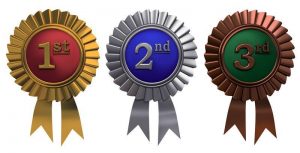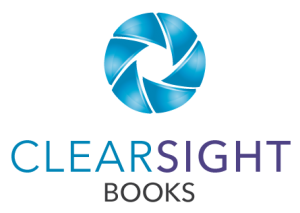 While there’s something to be said for “Judge not lest ye be judged” on a personal level, if you want to quickly gain an understanding of how to improve your writing, take advantage of opportunities to play judge.
While there’s something to be said for “Judge not lest ye be judged” on a personal level, if you want to quickly gain an understanding of how to improve your writing, take advantage of opportunities to play judge.
When you teach a skill, you reinforce the learning for yourself. When you judge a skill, you quickly learn to distinguish the level of quality at which that skill is executed.
Let me offer three examples where I’ve been enlightened about my own work.
Poetry Submissions
I’ve read poetry submissions in several settings—contests, publications, projects. When faced with a pile (literal or electronic) of submissions, one quickly learns to discard pieces of lower writing quality. While subjectivity exists and tastes vary, when you read a lot of poetry in a short amount of time, you begin to see the differences—the freshness (or staleness) of images, the deftness (or clumsiness) in using form, the balance (or lack) of intellect and emotion.
As you begin to tier the submissions, you might realize your own work is better than the bulk of what you’re reading. Or you might realize you are indeed the hack you suspected you were. Or, if you’re like me, you may find—woe is you—that your work is average. (Gasp!)
The realization you need to keep practice-practice-practicing your craft may be disheartening—but the realization comes quickly.
Grant Applications
I have a good track record with applying for and receiving grants. I am a good writer, I follow direction well, and I ask grant coordinators for feedback on drafts so I can do my best to meet their expectations. BUT I am smart enough to know I am still relatively new at the game, so whenever I have a chance to sit on a grant review panel, I take it.
The first time I sat on a panel and read sixteen applications from similar organizations, I realized, yeah, our grant applications actually were well written and thorough. Go, team!
Along with a grant application sometimes comes the opportunity (requirement) to appear before the review panel to answer questions. I felt like I’d always done fine; I could make a brief statement and handle the Q&A with no problem.
Oh my, when I sat on the other side of the table, my eyes were opened. I found there were loads of things other people were doing that I hadn’t even thought of. What if I had taken more people with me? I had a board member, but what about program participants? Or community partners? How might having more people visibly supporting our already-well-told story have affected us?
Since most of the grants I’ve written have been for relatively small dollar amounts, perhaps an enhanced panel approach wouldn’t have made much difference. But imagine a higher level of competition with more dollars at stake. Greater visible support certainly could have played a role and warranted a larger award.
Essay Contests
For the past two years I’ve had the very great pleasure of judging the Jane Austen Society of North America (JASNA) student essay contest. The contest has three divisions: high school, college, and graduate level. In Round 1 three judges assess a dozen or so essays to select the best two or three to move on to Round 2, in which all the judges rank the remaining essays to choose the top three in each division.
What I have learned: To advance to the final round, solid technique is table stakes; that technique must be married with fresh ideas. To win, the essay must stand out. When you read multiple essays saying the same thing about the role of men and women in Regency society or the theme of education in Emma, you begin to notice the theses that go beyond the obvious. The unusual angles distinguish themselves readily. The best essays actually offer a sense of relief to the judges that they don’t have to read a variation of the same thing—again.
What else I have learned: These students are much more accomplished than I would have been at their age. I would have defaulted to technical proficiency and staid ideas.
To Recap
Playing the role of judge:
- Quickly teaches you to assess quality, immediately raising your understanding to a new level
- Offers the opportunity to see what others are doing that you may not have considered
- Emphasizes what default positions look like and how to stand out from the crowd
Of course, the next step is to apply what you’ve learned to your own work. And, of course, this essay about writing is about much more than writing.

